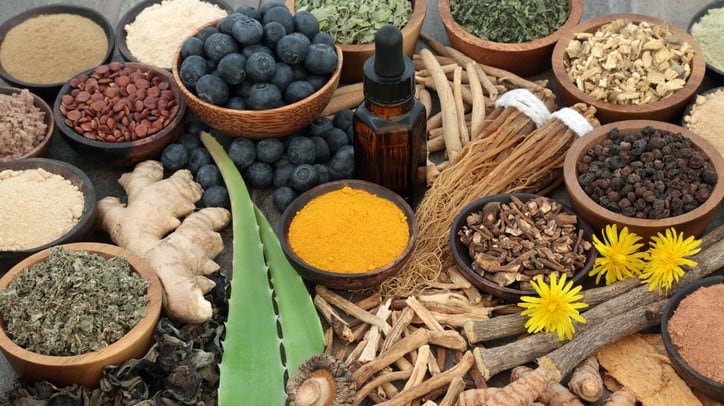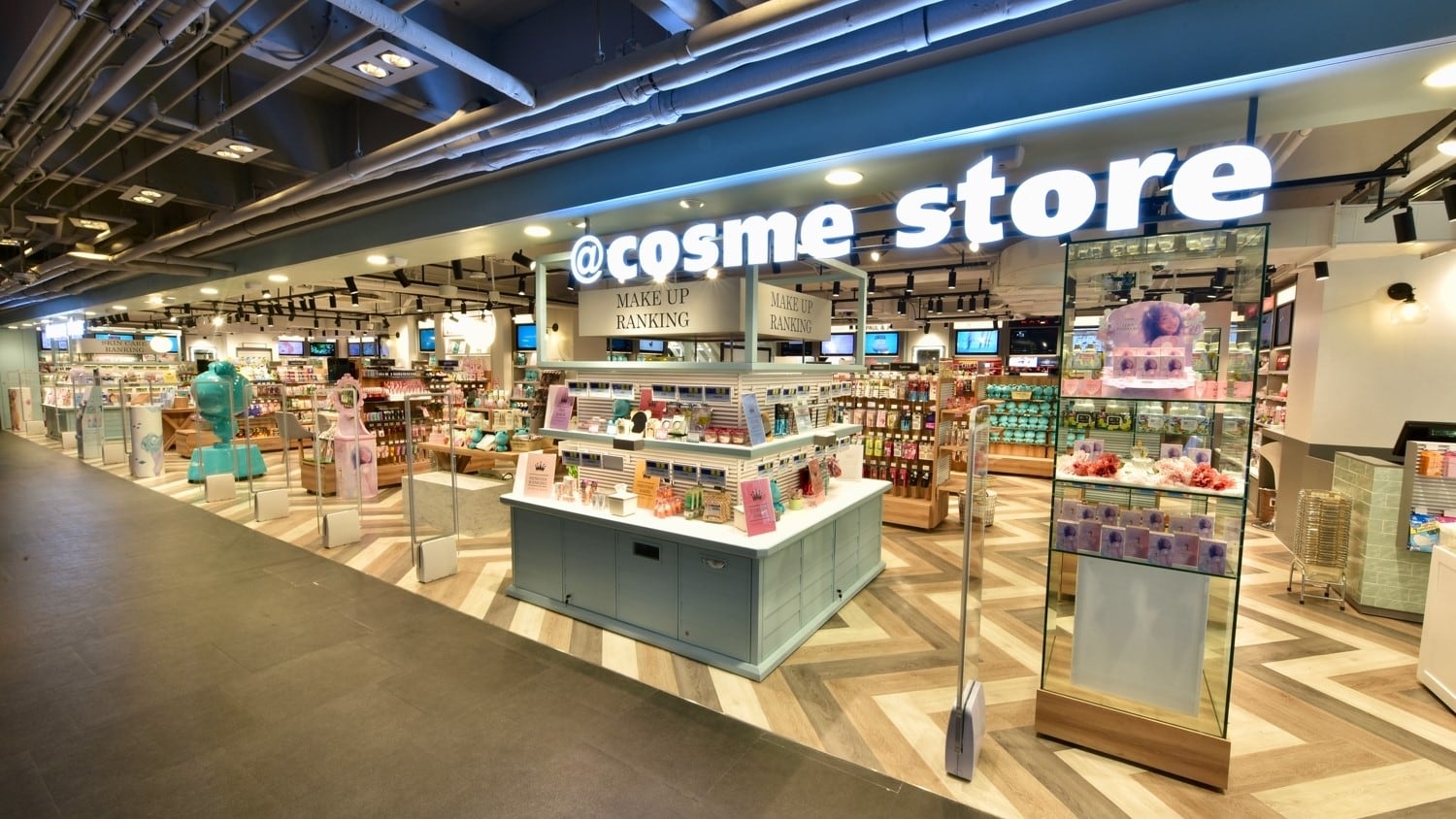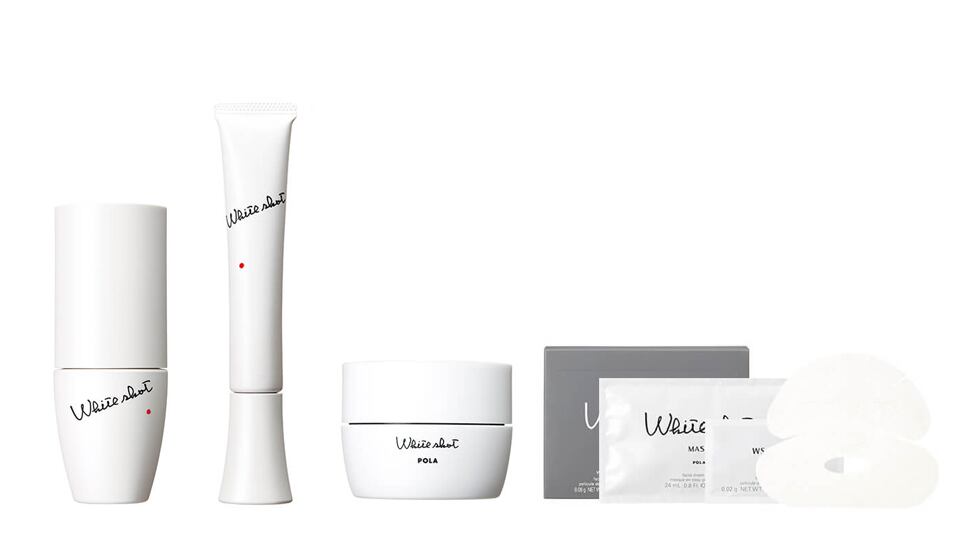That’s the view of Tim Foulds, head of research at Euromonitor International, who said that 40% of consumers believe that having all-natural ingredients was the most important feature in a product.
“There are many factors for when consumers buy products, however, the trend for all-natural ingredients remains paramount,” said Foulds.
Ingredient trends in APAC
Asia is home to a diverse and unique flora that can potentially be the next big ingredient in skin care.
Brands like Khaokho Talaypu from Thailand are using indigenous or traditional plants and herbs for the skin.
Foulds said: “In Asia, indigenous plants and herbs that were used traditionally are being repurposed for skin. Consumers are likely to take to brand with natural positioning that use familiar ingredients with known beauty benefits.”
Khaokho Talaypu, for instance, uses ingredients such as mangosteen, tamarind and lime – all classic Thai flavours and ingredients.
Consumers are also looking for ‘superfood’ inspired cosmetics.
This trend is not only driving consumers’ interest in natural offerings but also the association between healthy diet and healthy skin, said Foulds.
South Korean brand Innisfree released a minimalist-inspired skin care range that features ‘superfoods’ such as blueberry, broccoli, kale, oats and beets.
The trend of fermented products translated from the food industry, where fermentation and probiotics enjoy widespread popularity.
It also answers consumer demand for effective products, said Foulds.
“Fermentation breaks down substances for easy absorption by the skin. Moreover, fermentation creates other beneficial substances such as omega-3 fatty acids.”
Innisfree has a line made from fermented soybean extracts while Japanese brand Kose utilises a high-concentrated essence made from fermented black sugar to moisturise skin.
Undefined and vague
The natural cosmetics market faces a lot of challenges because it is so ‘undefined and vague’, said Foulds.
“Unlike the food and drink industry, a lack of standardised, globally accepted definitions for beauty products creates challenges both for consumers and manufacturers.”
Currently, there are three approaches to defining natural beauty: certification, ingredients and positioning.
Foulds said certification had the narrowest view of the market as it only includes products certified by recognised and reputable industry bodies.
“A great challenge is the regional diversity of institutes and the lack of familiarity of those by consumers. For instance, Australia has more than one, all with different criteria, which only confuses the consumer.”
The second is the use of organically or botanically derived ingredients.
“This is best understood by customers. There are a lot of players present in this segment from niched to mass beauty brands. Brands like Unilever have begun to offer natural products as part of its product range,” said Foulds.
The weakness of this is that products vary from high to very low concentrations.
“It is important to note that the most naturally positioned products are not 100% and this confuses people.”
Besides using natural ingredients, companies use a vast range of claims to position themselves as ethical brands.
“Increasing awareness on global, environmental, economic and societal issues have created a more opinionated consumer with a strong voice. 60% of millennials are willing to spend more with a brand that support causes they care about,” said Foulds.
This means purpose-driven brands are set to profit, while consumers will increasingly shun brands that do not embrace it.
With so many definitions Foulds said education would continue to play an important role.
“The market is highly complicated, so proper communication and support are needed to ensure harmonisation.”





